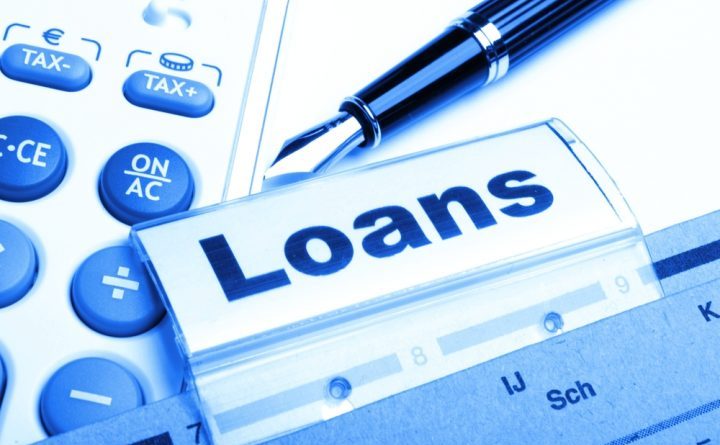Installment loans are used to pay for expensive things over a set period of time. Typically, installment loans last anywhere from a few months to several years. There is a predetermined amount that must be paid every month until the loan is paid off. These types of loans also have interest rates that vary depending on the lender and the borrower’s credit score. The rate may remain fixed, but it can also potentially drop or be raised. There are also several different types of installment loans that can be divided into two categories:
- Secured Loans: These are loans that are promised to be repaid and have something of value that is used as collateral. This can be your home, car, or other item that can be taken if the debt is not repaid.
- Unsecured Loans: These loans do not require you to put anything at risk. Interest rates for unsecured loans are typically higher than secured loans. While you are not required to use anything as collateral, failure to pay off the loan will damage your credit rating.
Unsecured Installment Loans
Unsecured installment loans are usually used for small amounts of money and they typically have extremely high interest rates. This type of installment loan is the most common type that is found online.
If accepted, you receive money from a financial institution and pay back the loan over an agreed amount of time, which is usually for a much shorter period of time compared to other types of installment loans. This type of loan is a good option if you are attempting to build or rebuild your credit.
Student Loans
When a student applies for a student loans, they will receive a set amount of money for educational costs. Once the student is out of school, they must begin to repay the loan at a set time every month. Some student loans will also allow the chance to defer payments based on employment or economic status. There are two types of student loans:
- Subsidized Interest Loan: The college or university determines the amount you can borrow based on your financial need. The government pays any interest until you are out of school as well as for the first six months after you leave school.
- Unsubsidized Interest Loan: There is no requirement to demonstrate financial need, though the school determines the amount you can borrow. You are responsible for paying all interest that is accrued by the loan.
Both types of loan have varying interest rates ranging from 4.5% up to 8%. Interest rates on unsubsidized loans continue throughout your school enrollment. Subsidized loan interest is paid by the government until after the six-month grace period.
Mortgage Loans
This type of installment loan is what you take out when you wish to finance a house. By receiving this type of loan, you agree to pay the money back through monthly payments over a set amount of years. Most mortgage loans are set at 10, 15, or 20 years. However, the most popular is the 30-year loan because the payments will be the lowest. Currently, interest rates for mortgage loans vary from 3.72% up to 9.25%.
For this type of loan, you must make your monthly payments on time for the duration of the loan or you risk foreclosure. A foreclosure is when the lender takes possession of a mortgage property as a result of the borrower consistently failing to make payments.
Car Loans
Car loans are somewhat similar to mortgage loans. If you need a car, but cannot afford to pay for one up front, you can get a car loan. This type of installment loan involves signing a contract stating you’ll make monthly payments for a set amount of time until the cost of the car is paid off. If you fail to make payments on your car loan, then the borrower has the right to repossess the vehicle. While the term of the loan can vary from 48 months to 84 months, the most common length of auto loans are 60-month terms.
For this type of loan, you must also pay interest that accrues on the loan. The amount of interest varies depending on what company you borrow from, but the general interest rate can be anywhere between 2.62% to 6%.
Featured Image: DepositPhotos/ gunnar3000




